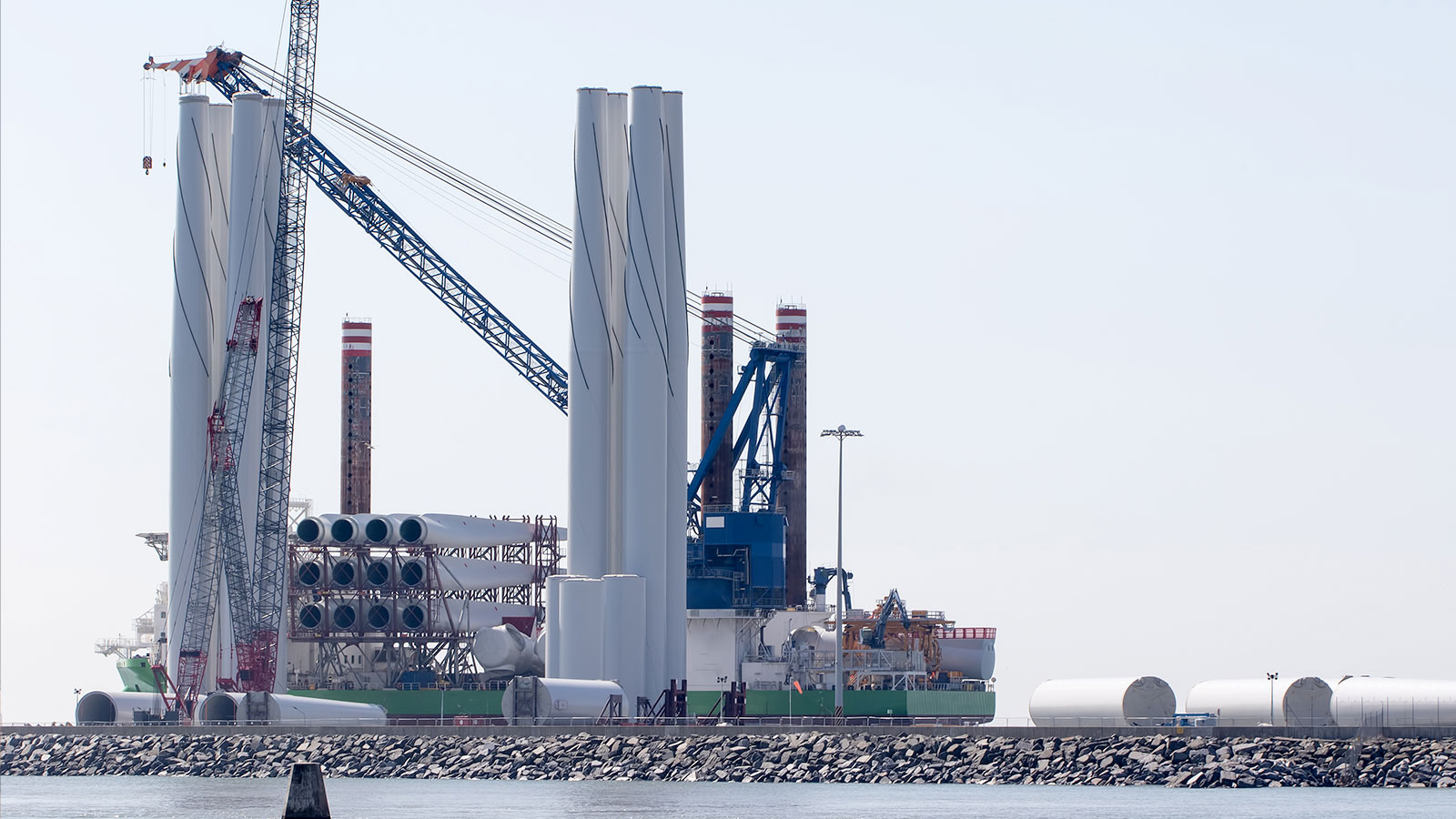GCube has released a new report warning of a potential increase in complex insurance claims in the renewables sector, especially as the industry ramps up construction.
The global expansion of renewable energy projects, driven by new construction booms, is increasingly challenged by contractor errors, defects, and severe natural catastrophes, according to GCube, which is a key underwriter for renewable energy products. These issues not only delay project start times but also lead to a significant rise in insurance claims, which present a tough challenge for insurers and asset owners to resolve.
The report titled ‘Arrested Development: Managing complex claims in the boom-and-bust world of renewables construction,’ reveals key findings from a decade-long review of proprietary claims data. The report analyses $1 billion worth of Construction All Risks (CAR) and Delay in Start Up (DSU) claims from the onshore and offshore sectors and includes expert industry insights.
Key findings of the report show:
- Contractor error and defect remain the primary causes of offshore wind losses, accounting for 63% of claims by frequency in 2022, up from 55% in 2020.
- A historical pattern shows that increased offshore construction activity typically leads to a spike in insurance claims, following a cyclical ‘boom and bust’ pattern.
- Onshore losses in wind and solar construction, 48% of which are attributed to natural catastrophes and extreme weather, with contractor error and defect accounting for 16%.
- Flooding and heavy rainfall are the most expensive weather-related events, making up 18% of total claims by frequency but 46% of the total claims cost.
The report highlights that the nature of construction losses has remained relatively constant over time, but the introduction of projects into emerging markets and the increased frequency of extreme weather events have heightened the risk of losses.
Fraser McLachlan, Founder & CEO of GCube, commented, “The appetite for installing new projects makes this a historically busy period for the renewables sector. It’s also a period marked by an unprecedented Nat Cat threat, and a shortage of skilled workers and specific installation equipment, like vessels and cranes. What this means is that the Delay in Start Up (DSU) claims process for a loss in the construction phase will only become more complicated.”
GCube’s historical data suggests important lessons for future offshore and onshore construction. For offshore, GCube notes that the focus should be on long-term sustainability and ensuring successful project outcomes rather than merely rapid expansion. For onshore projects, the goal must be to prevent compounded losses from natural disasters and human errors as technology scales up.
As construction activity increases in the coming months, GCube advises asset owners to:
- Develop a solid baseline project plan with comprehensive monitoring.
- Understand their insurance policy fully and seek expert advice as needed.
- Build reliable contacts within the supply chain to ensure quality control.
McLachlan added, “Over the past few decades, GCube has witnessed first-hand how boom and bust cycles manifest in pressure on the supply chain and culminate in contractor error and defect issues. This, in turn, has led to a more cautious approach from underwriters.
“The forthcoming period of construction activity – and the rising impact of extreme weather – requires a high concentration of risk management, insurance, and claims expertise as the industry braces itself for an inevitable increase in losses. Pivotal to minimising project disruption and unbudgeted expense will be the collaboration of insureds and insurers to exchange information and expertise throughout the project lifecycle – this is the key message of our latest report.”

